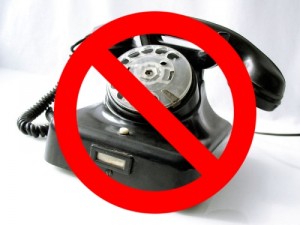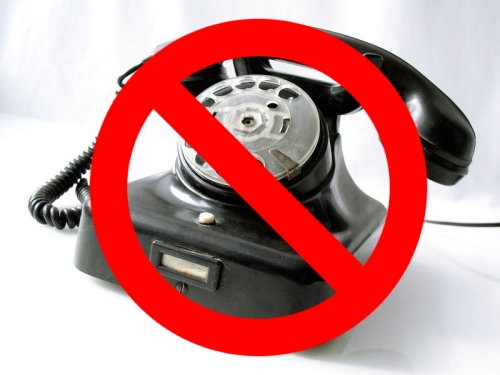When is the last time your wrote a hand written note? Do you remember the last time you sent a letter? For many, it’s been a longtime. If you’re under 25, you probably don’t know what a stamp is.
How often do you talk on the phone? Is it more or less? If you don’t include your friends or family how often do you talk on the phone? Do you email, chat and Twitter? What about at work? What communication tools do you use and how often do you use them? 
Last month my daughter sent me a Facebook note wishing me a Happy Birthday. She did the same thing for her little sister; who by the way is only 2, she wasn’t going to see it. I’m now getting texts from friends I haven’t seen in a while. The calling has stopped. It’s just 140 character texts saying hello. At work we use Yammer, IM, Email video and the phone. The phone is used mostly for conference calls. Most of the communication at work is now email, of which I get 100’s a day and IM. I still get calls. However, they are just part of a bigger communication picture. Things are changing.
We are no longer a voice centric world. As the phone killed letter writing as a communication method, the internet and it’s new slew of tools is minimizing voice. Voice will never go away, but it is quickly becoming only one of many ways to communicate.
This change is creating opportunity. As large communication companies continue to focus on voice, creative competitors are rolling out alternatives, exploiting this cultural shift to digital communication. The I-Phone and the Blackberry arguably the two most disruptive communication devices in the mobile space are winning because they don’t focus on voice. They’re winning because of data. In a very unscientific poll, I found that BB and I-Phone owners use their phones 80% of the time for data and 20% of the time for voice. Where traditional mobile phone owners use their phones only 25% for data and 75% for voice. (data being email, twitter clients, IM etc) There are fewer traditional mobile phone users each year. The traditional mobile device manufacturers missed an opportunity. By focusing on voice, viable competitors were created and businesses lost. Motorola is a perfect example.
The way we communicate is changing. It’s creating tremendous opportunity. I’d like to see more. Companies like Socialcast, SocialText, Twitter and Facebook are changing the game again. What will our communication tools look like in 1 year from now, 5, years, 10, years?
What do you think? I want to know, are there any new communication tools you like?

